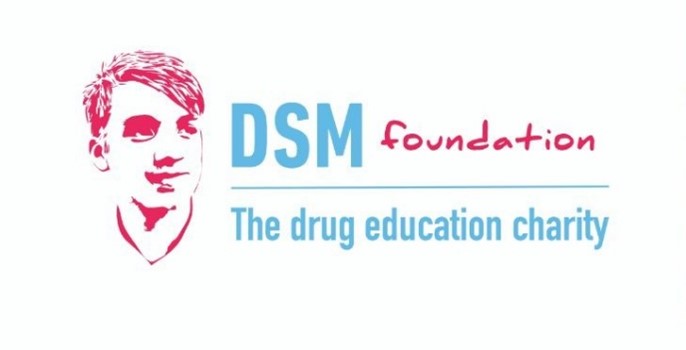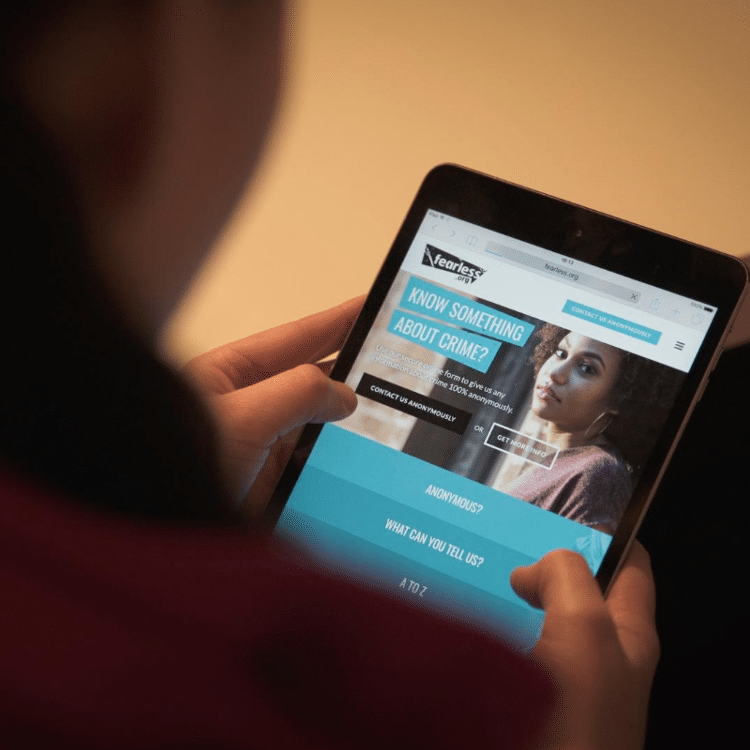Supporting Young People to Make Safer Choices About Drugs - Blog
By Asha Fowells, DSM Foundation
The DSM Foundation came into being in 2014 following a tragedy: the death of Daniel Spargo-Mabbs after he took an accidental overdose of MDMA (ecstasy). He was just 16 years old. His parents, showing enormous resilience and courage, decided to try and stop the same fate befalling other young people (and their families) and so set up the drugs education charity that bears their son’s name.

Since then, the DSM Foundation has grown and grown from its roots in South London to one that works across England and into Scotland (and beyond). The provision north of the border includes schools in Edinburgh, Glasgow and a pilot project in nine Grampian schools which, if deemed successful by an evaluation being done by Aberdeen University, will be extended to all schools in the region… funding permitting.
There are various elements to the work done by the DSM Foundation, including workshops for students, parents and caregivers, and staff working with young people, PSE resources for school staff to deliver, and a play written by award-winning playwright Mark Wheeller that is titled after the poignant last words said by Dan to his mum. “I Love You, Mum… I Promise I Won’t Die” has recently toured Scottish schools, with the Theatre in Education company Tie It Up recruiting an all-Scottish cast who not only perform the work, but also deliver a short workshop afterwards so students can explore some of the important themes. The play has also been filmed and is provided to schools with accompanying materials to enable staff to deliver a workshop to their students – Scotland is, after all, a big country, and so having resources that extend reach to the Highlands and Islands is crucial.
Underpinning all aspects of the DSM Foundation’s work is the aim to empower young people to make informed and hopefully safer choices when in situations involving drugs, so they can ensure that they – and their friends – get home safely. Sessions are carefully planned so they are age- and stage-appropriate, as well as evidence-based, up to date and relevant… the latter often informed by surveying students beforehand. Effects and risks of drugs, both general and specific, are generally covered, alongside decision-making and staying safe advice, and can be delivered in person or via live stream, or on occasion as a recorded video.
A vital part is signposting, and this is where Fearless comes in. Just as young people need to know where to seek information if they are unsure about anything – a vital part of decision-making – and therefore need to be aware of reliable sources such as Know The Score and Crew 2000, it is also important to have a sense of where they can pass on anything they think might be useful in terms of reporting or reducing crime. Fearless enables that, 100 per cent anonymously, and is a resource we often flag up during our sessions.
So for information about drugs, decisions and young people, whether a young person or an involved adult, take a look at https://www.dsmfoundation.org.uk/. And to pass on information about crime, check out http://crimestoppers-uk.org/fearless.
Learn more about the Fearless drugs campaign: Drugs | Crimestoppers (crimestoppers-uk.org)


Anonymity
Fearless is a service that allows you to pass on information about crime 100% anonymously. Anonymous means your identity is completely unknown.

Give information anonymously
Report a crime 100% anonymously by completing our online form or calling 0800 555 111

Youth support services
Access a selection of youth organisations who can offer further information, advice and support for whatever you're dealing with.